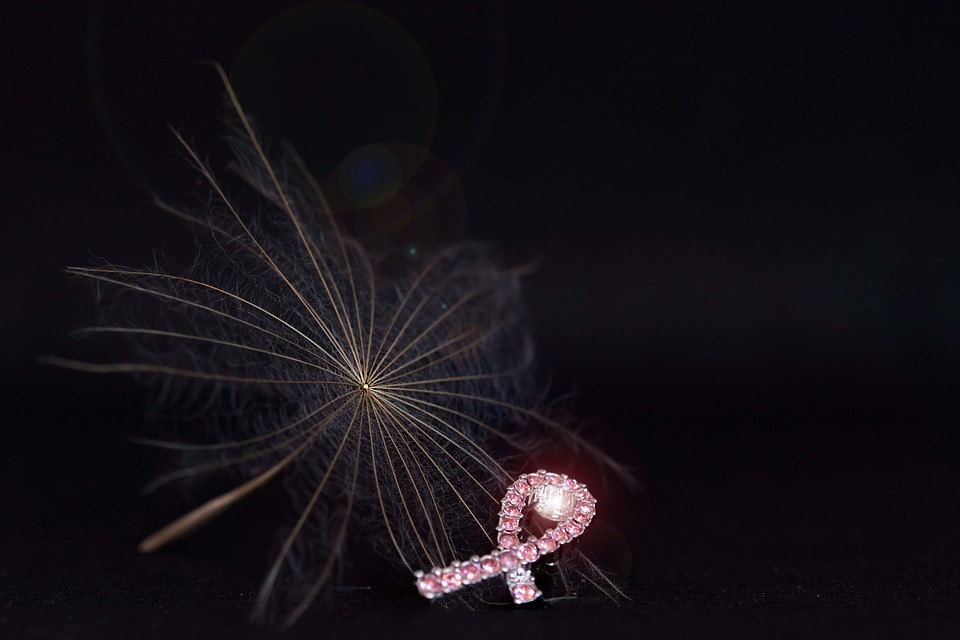Even though more research is needed to determine the exact ability of CBD to destroy cancer, it’s feasible that one day, cannabidiol will be the next big thing in the world of oncology.
Studies show there are many benefits to utilizing isolated cannabinoids, particularly Cannabidiol, otherwise referred to as CBD. From antipsychotic effects to seizure relief, CBD has proven itself to be a remarkable asset in the medical industry. Over the last few years, experts have been studying CBD for its cancer treating potential as well. In certain cancers — such as liver, lung, prostate, and especially breast — the cannabinoid receptors are over-expressed which can make them quite responsive to CBD therapies.
Breast Cancer Statistics
Breast cancer is the second leading cause of cancer death among women worldwide, with over 1.7 million new cases diagnosed each year. There are four subtypes of breast cancer: Luminal A, Luminal B, Triple hormone negative/basal-like, and HER2 type; all of which are organized into two categories, invasive and non-invasive. Non-invasive cancers stay in or immediately surrounding the mammary glands and don’t “invade” other tissues in the breasts or other organs in the body. Invasive breast cancer can spread throughout the entire breast and eventually metastasize, or spread to other parts of the body.
Out of those four subtypes, CBD is thought to be most effective for triple hormone negative and HER2-positive tumors. Triple-negative tumors aren’t very common, but the survival rate is extremely low. This subtype accounts for about 15 percent of all breast cancer cases, and as of now, standard treatments are ineffective. Similarly, HER2-positive cancers are rare and aggressive, accounting for about 20 percent of all breast tumors. HER2 tumors are also more common in younger women. Both of these subtypes are considered invasive and very deadly.
How is Cannabis a Practical Treatment Option?
One of the main reasons cannabidiol is beginning to look like a promising option is because studies show that it actually does have antineoplastic properties. It won’t necessarily work for every type of cancer, and much more research needs to be done before it becomes integrated into standard oncology practices. Nevertheless, in breast tumors, and other cancers with overactive cannabinoid receptors, CBD binds to those receptors and blocks them from dividing and replicating. CBD is also said to prevent metastasis, which is when cancer cells break off from the original tumor and travel to other parts of the body via blood and lymphatic system. This is why a tumor can originate in the breast, but eventually attack other parts of the body such as the liver, lungs, lymph nodes, etc.
It’s extremely rare, but occasionally, standard treatments will effectively work on metastatic cancer, but typically these types of tumors are nearly impossible to control. Metastasis is caused by the ld-1 gene in our bodies, and research suggests that CBD could suppress this gene. Additionally, in some cases, it’s believed that CBD can kill cancer cells completely in a process known as apoptosis, although this is a topic that needs to be explored further before any definitive conclusions can be made.
The Research
In 2014, researchers at the California Pacific Medical Center Research Institute in San Francisco published an impressive study in the British Journal of Pharmacology, outlining the possible metastasis inhibition in advanced breast tumors. The experimental approach they used was MTT and Boyden chamber assays to measure breast cancer proliferation and viability. According to the publication, “modulation of reactive oxygen species (ROS) and apoptosis was measured using dichlorodihydrofluorescein and annexin/propidium iodide, respectively, in combination with cell flow cytometry. Changes in protein levels were evaluated using Western analysis. Orthotopic and i.v. mouse models of breast cancer metastasis were used to test the activity of cannabinoids in vivo.” The results concluded that “CBD reduced breast cancer metastasis in advanced stages of the disease as the direct result of down-regulating the transcriptional regulator Id1,” and that “developing compounds that can simultaneously target multiple cannabinoid anti-tumour pathways efficiently may provide a novel approach for the treatment of patients with metastatic breast cancer.”
These results are auspicious; however, it’s important to note that the success of this treatment depends on a lot of different factors. The doses and ratios of CBD with other cannabinoids need to be matched precisely with the classification of breast cancer, or any cancer for that matter. At minimum, CBD can be used in tandem with more common standard treatments like chemotherapy and radiation, to increase the chances of success and alleviate the symptoms caused by these very intense treatments. Due to the low toxicity of CBD, patients wouldn’t have to fear any negative side effects (from the CBD that is) and it has no known negative interactions with standards medications.
Keep in mind, if you plan on making any changes to your treatment regimen it’s important to consult your physician beforehand. Studies and personal testimonies show positive results, but there isn’t enough evidence yet to make a definitive conclusion about how cannabis can treat cancer.
[Image credit- Pixabay]






